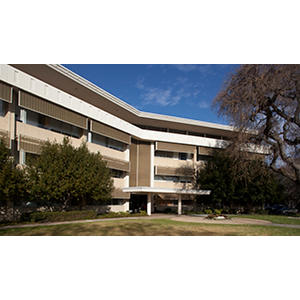
Diana Chen, MD
Clinical Associate Professor
Pediatric Pulmonology
- “Nothing gives me more joy than seeing a smile on a childs face at the end of his or her appointment.”
Mi acercamiento
My approach to medical care is to listen to each individual story from both the child and the family, engage them in open discussion, and provide them with evidence-based medicine to empower them to navigate their health care decisions. Open and ongoing communication with children and their families is fundamental, as well as a team-based approach with all health care providers involved in the care of the child. The child and the family are the most important players on our team!
I am proud to be able to build long-lasting relationships with children and their families. Nothing gives me more joy than seeing a smile on a child’s face at the end of his or her appointment.
I became a physician because of the many roles I have and enjoy doing. People may view physicians as only medical experts, but other fun parts of being a physician are being a teacher, a constant learner as medicine is ever-changing, a collaborator, a scholar, and a health advocate for my patients and families. I chose to specialize in pediatric pulmonology because the intricacies in the way our lungs function fascinate me.
Localización

770 Welch Road, Ste 380
Palo Alto, CA 94304
Mapas, direcciones y estacionamiento
Teléfono : (844) 724-4140
Fax : (650) 721-2884
Trabajo y educación
Boston University School of Medicine, Boston, MA, 06/01/2008
UCSF Benioff Childrens Hospital Pediatric Residency, Oakland, CA, 06/30/2011
UCSF Benioff Childrens Hospital Pediatric Pulmonary Fellowship, Oakland, CA, United States of America, 06/30/2015
Pediatric Pulmonology, American Board of Pediatrics, 2016
Pediatrics, American Board of Pediatrics, 2011
Idiomas
English
Mandarin
Spanish
Conéctese con nosotros:
Descarga nuestra App: